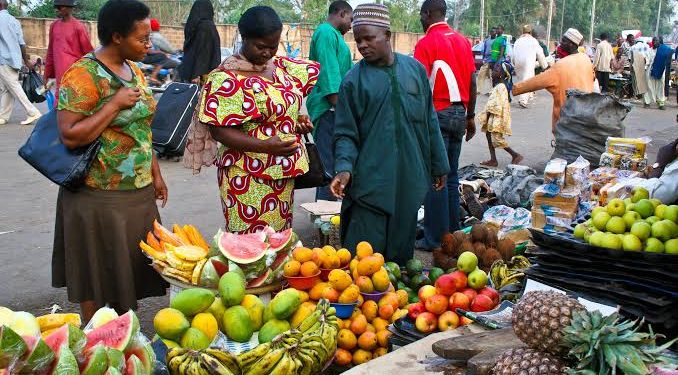The Federal Government says it is integrating renewable energy solutions into veterinary and agricultural systems as part of efforts to strengthen food security, livestock development, and rural healthcare a move expected to benefit farmers, small agribusinesses, and local supply chains across Nigeria.
The initiative, which begins with the deployment of off-grid refrigeration systems, aims to improve vaccine storage, reduce post-harvest losses, and enhance the preservation and transport of agricultural produce. It also seeks to bridge critical gaps between livestock, agriculture, and healthcare areas that remain central to Nigeria’s food production and rural economy.
Announcing the plan at the Off-Grid Refrigeration Inception Workshop in Abuja on Thursday, the managing director of the Rural Electrification Agency and the minister of livestock development said the project will deliver new cold storage capacity to rural areas, helping farmers and small-scale operators maintain the quality of their produce and prevent vaccine spoilage.
Nigeria continues to lose between 40 and 50 percent of its perishable crops annually due to poor storage and transport infrastructure, according to the Food and Agriculture Organisation. Meanwhile, recurring livestock diseases including Peste des Petits Ruminants, Newcastle disease, and African swine fever have weakened productivity and income for smallholder farmers and livestock owners.
The minister of livestock development said the introduction of green refrigeration technology will mark a major turning point for livestock care and vaccine preservation nationwide. He explained that Nigeria’s veterinary system suffers from a severe lack of cold chain infrastructure, causing many vaccines to lose potency before reaching farmers. This not only weakens disease control but also undermines livestock productivity and profitability.
He emphasised that the new approach will bridge existing infrastructure gaps within two to three years and confirmed government plans to eradicate Peste des Petits Ruminants, a viral disease affecting sheep and goats by 2030. Nigeria currently has about 58 million cattle, 124 million sheep, and 70 million goats, but inadequate cold chain logistics continue to slow animal health progress. He added that improving vaccine delivery to the “last mile” is vital for increasing survival rates and boosting milk and meat production.
The head of the Rural Electrification Agency highlighted how the deployment of off-grid refrigeration systems will benefit agriculture, healthcare, and small businesses simultaneously. He said the technology will reduce post-harvest losses, improve the distribution of vaccines and agricultural goods, and support job creation in rural areas particularly for micro and small-scale enterprises involved in food processing, cold storage, logistics, and livestock value chains.
“This initiative connects agriculture, livestock, health, and MSME development. It will make it easier to move vaccines, produce, and goods while supporting small businesses that rely on reliable storage and transportation,” he said.
Developed in partnership with the United Nations Environment Programme, the project aligns with Nigeria’s electrification strategy and global climate goals. The refrigeration systems will run on energy-efficient, climate-friendly technologies, reducing greenhouse gas emissions while deepening renewable energy integration into the agricultural and veterinary sectors.
Officials said the initiative is more than a pilot project, describing it as a step toward scaling sustainable solutions that directly impact farmers, health workers, households, and local enterprises. The workshop ended with renewed government commitment to integrating solar energy into agriculture and livestock systems to strengthen food security and rural economies.










